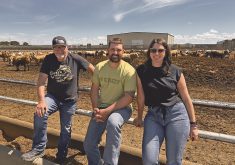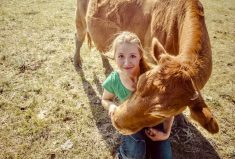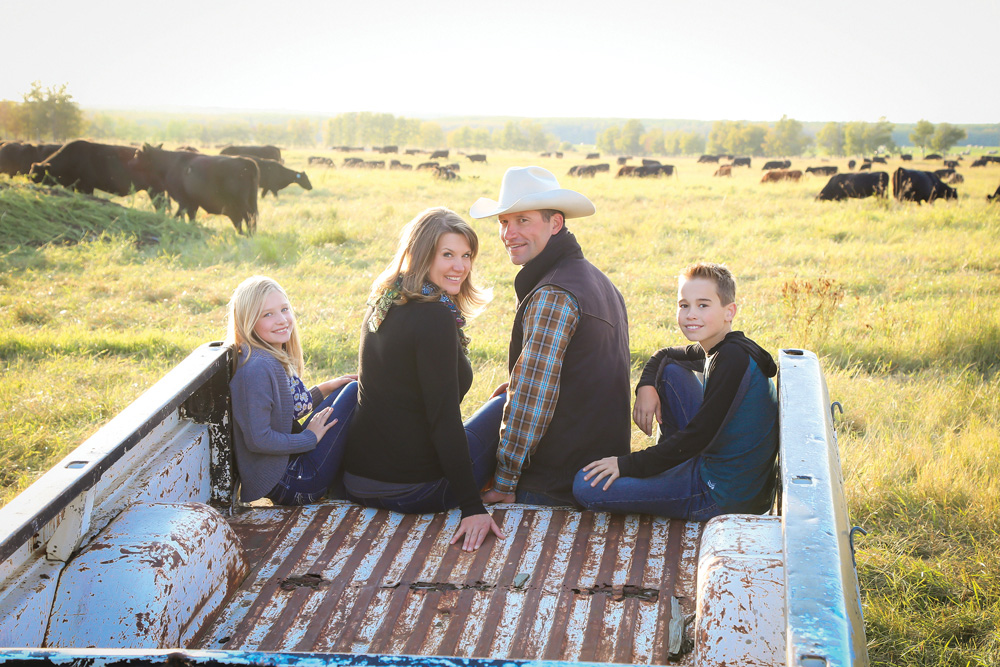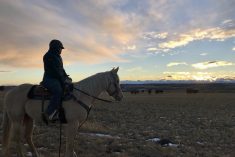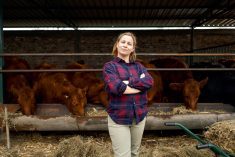The succession process for farms and ranches can be hard enough for “blood” family members. But what if you’re a son- or daughter-in-law who’s either the direct successor or their spouse? After all, you haven’t been in the family loop your entire life.
Read Also
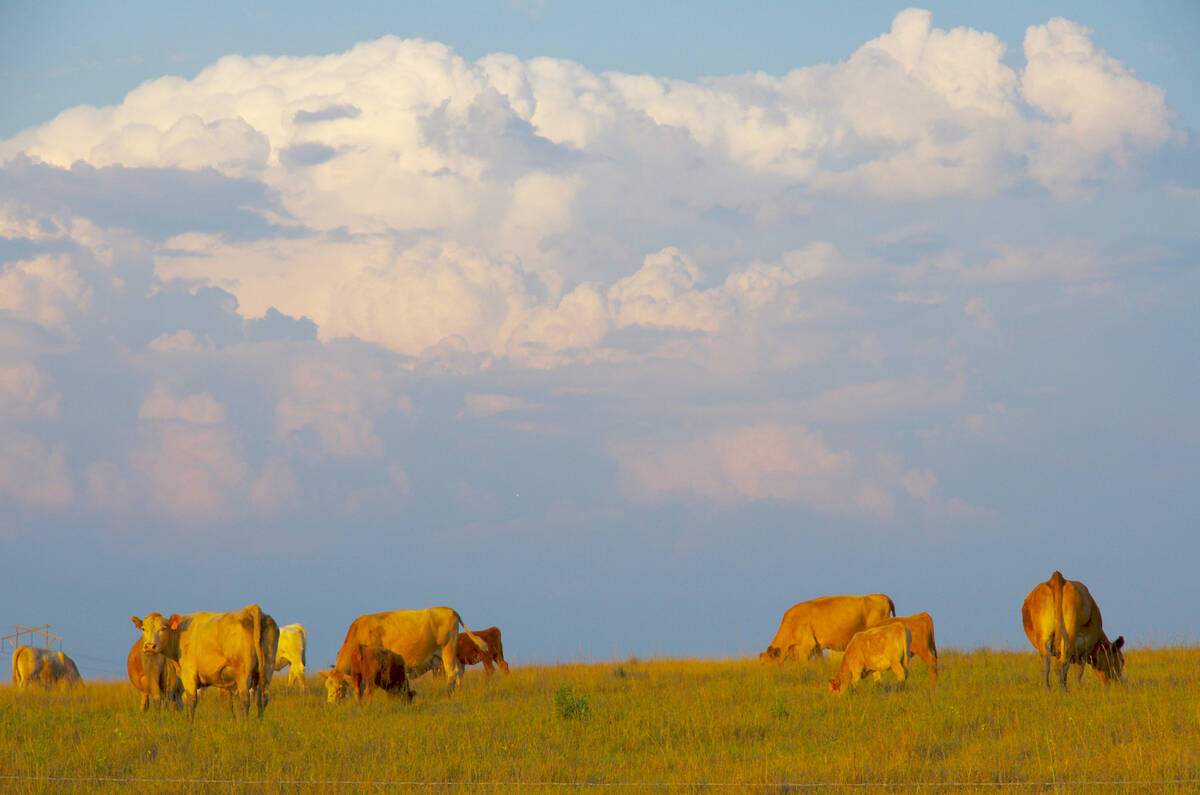
Canadian Beef Check-Off Agency reports on investments and activities
The check-off agency’s work behind the scenes is what ensures cattle check-off dollars are invested wisely, accounted for transparently and deliver measurable value back to producers and importers.
There are a few “burning questions” you should ask your in-laws even before you sit down with financial advisors to discuss succession, say advisors with consulting firm MNP. Some are specific to the in-law relationship — others should be asked in all cases of succession.
Is the operation profitable? Purchasing a farm or ranch from in-laws shouldn’t be different from any other business: the books need to be opened up in order to prove the operation is making money, says Scott Dickson with MNP in Red Deer, Alberta.
“Don’t assume that it’s profitable. In a lot of cases one of the reasons why mom and dad don’t want to open the books is because they’re afraid of showing that it’s not as well off as they maybe hoped.”
How am I going to build equity? The question of how to build equity in a transitioning operation drives a number of further questions, says Dickson.
“What is the system I’m going to build equity with? What is my overall compensation package look like? How do I protect that from the possibility of future marital breakdown? Where do I sit in this hierarchy of ownership? Those are key questions that would spring to mind.”
Are the owners’ wills up-to-date? The parent landowners may have every intention of handing down the ranch to you, but what happens if an outdated will says otherwise?
“I would be very curious as to what their estate plan actually said, especially if my spouse had siblings with an interest in the ranch side. I would certainly want to know that document was up-to-date,” says Bob Tosh of MNP in Saskatoon, Saskatchewan.
How much do the parents get for retirement? Chances are good that mom- and dad-in-law will want some income from the farm once they transition out of management and labour. This figure should be established and tested for feasibility early, says Tosh.
“How much retirement income planning have they done? Are they going to need $50,000 or $150,000 per year? Is it possible for the business to survive with this cash outflow and provide yourself and your spouse with a reasonable living as you continue on with the business?”
What does the transition of management look like? “Often we see in these intergenerational transitions that the outgoing generation struggles to let go of management control, especially in circumstances where we have a son-in-law (taking over),” says Tosh.
“As a son-in-law, my concern would be when do we get to have the final say? When is that management control going to transition and how?”
The sheer value of land today may play a role in outgoing generations’ reluctance to let go, says Dickson.
“It’s not a one million dollar scene anymore — it’s a five or ten million dollar scene. It’s a fantastic display of what you have grown in your lifetime that also marks the importance of making sure we don’t blow it.”




